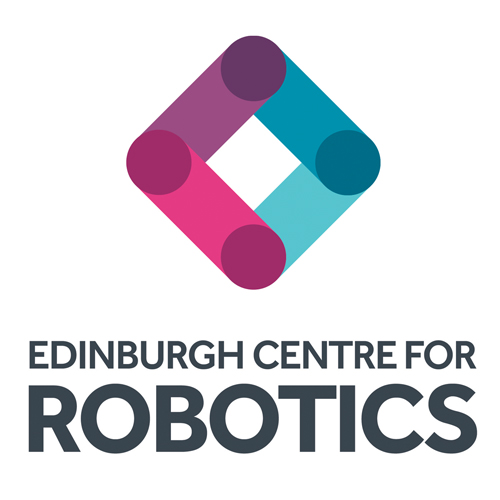Abstract: Human movement is complex and highly variable, presenting major challenges when designing assistive technologies that must work reliably in real-world settings. In this talk, we will discuss how assistive robotics, exoskeletons and functional electrical stimulation (FES) can be used to personalise rehabilitation and support human motion. I will highlight recent work in gait training, human-in-the-loop optimisation and adaptive human-robot-FES collaboration, emphasising the need for individualised interventions that respond to unpredictable human dynamics. By embracing this variability, we can create smarter, user-aware systems that improve mobility, reduce injury, and enhance quality of life.
Bio: Dr. Andreas Christou is a Postdoctoral Research Associate at the University of Edinburgh, specialising in robotics and functional electrical stimulation for neurorehabilitation, and human augmentation. He holds a PhD in Robotics and Autonomous Systems and an MEng in Mechanical Engineering, both from the University of Edinburgh. His work combines adaptive control, musculoskeletal modelling, and wearable technologies to design personalised interventions for clinical applications. Andreas also contributes to postgraduate teaching in robot-assisted neurorehabilitation at the European University of Cyprus. His research has been funded through a grant from the EPSRC Centre for Doctoral Training (CDT) in Robotics and Autonomous Systems and he is the recipient of the Leventis Foundation scholarship throughout his PhD study.

